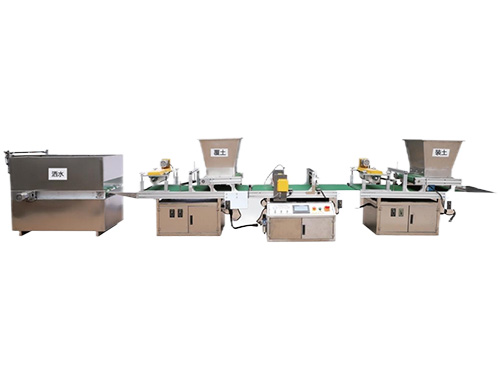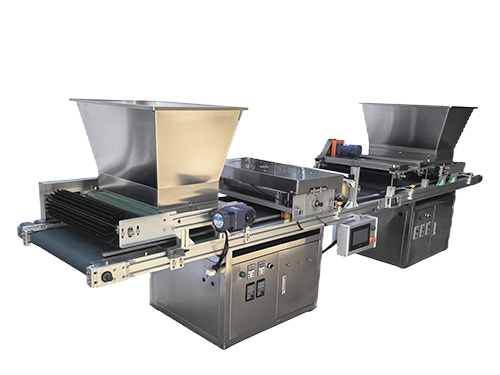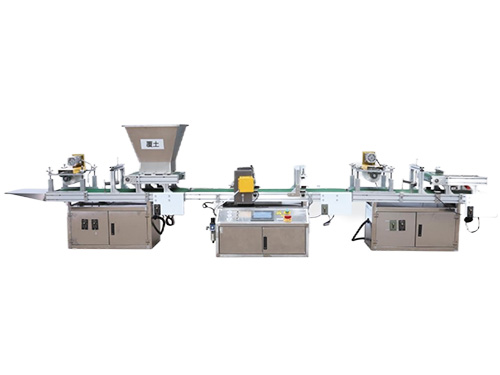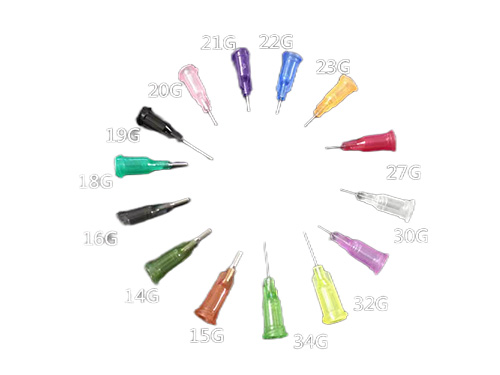Root Trainers in Organic Farming: Tools for Promoting Healthy Growth
2025-01-24 01:59:17
Introduction to Root Trainers in Organic Farming
In organic farming, the goal is to cultivate healthy, resilient plants using sustainable methods. Root trainers are specialized containers that help farmers achieve this goal by promoting strong, healthy root systems from the very beginning of plant growth. These tools are increasingly being used in organic farming for their ability to enhance seedling development without relying on synthetic chemicals. This article explores the role of root trainers in organic farming, highlighting their benefits in promoting healthy growth and supporting sustainable farming practices.
What Are Root Trainers and How Do They Work?
Root trainers are containers specifically designed to encourage optimal root development in seedlings. Unlike traditional seedling trays or pots, root trainers feature individual vertical cells that guide the roots downward and outward, preventing them from becoming root-bound or tangled. This design promotes the formation of a fibrous root system, which is crucial for the healthy growth of seedlings.
In organic farming, where the focus is on soil health and natural growth processes, root trainers offer a key advantage. They help create the ideal conditions for seedling roots to grow strong and healthy, which ultimately leads to more robust plants that are better equipped to thrive in the field.
The Importance of Healthy Root Systems in Organic Farming
1. Enhanced Nutrient and Water Uptake
A healthy root system is essential for plants to absorb the nutrients and water they need to grow. In organic farming, where synthetic fertilizers are avoided, plants must rely on the natural nutrients present in the soil. A strong, fibrous root system allows seedlings to access a greater volume of soil and efficiently absorb nutrients, leading to better growth and development.
Root trainers encourage this type of root system by providing seedlings with the space they need to grow roots downward, preventing overcrowding and promoting efficient nutrient uptake.
2. Improved Plant Resilience
Organic farming often involves growing crops in diverse and challenging environmental conditions, including varying soil types and fluctuating weather patterns. Plants with healthy, well-developed root systems are better able to adapt to these conditions. Root trainers help seedlings develop the resilience they need to withstand stressors such as drought, pests, and nutrient deficiencies.
By promoting strong root growth from the start, root trainers help plants establish a foundation for long-term health and vigor, making them more resistant to environmental stressors in the field.
How Root Trainers Support Sustainable Organic Practices
1. Reduced Need for Chemical Inputs
One of the key principles of organic farming is the avoidance of synthetic chemicals, such as pesticides and fertilizers. Root trainers contribute to this principle by helping plants develop stronger, more resilient root systems that can access the nutrients they need naturally.
With healthier seedlings that require less intervention, organic farmers can reduce their reliance on chemical treatments. This aligns with the goals of organic farming, which emphasizes soil health and ecosystem balance.
2. Minimizing Transplant Shock
Transplant shock occurs when seedlings are moved from one growing environment to another, leading to stress and stunted growth. Root trainers reduce the risk of transplant shock by promoting root systems that are less likely to be disturbed during transplanting.
Since root trainers prevent roots from becoming tangled or bound, seedlings can be moved into the field more easily, leading to a smoother transition and a higher chance of successful establishment. This is especially important in organic farming, where healthy plants are essential for maintaining soil fertility and reducing the need for external inputs.
3. Promoting Biodiversity
Organic farming is often focused on enhancing biodiversity by growing a variety of crops in diverse ecosystems. Root trainers support this by providing an ideal environment for seedlings to develop healthy root systems. Healthy seedlings are more likely to thrive and contribute to the overall biodiversity of the farm.
In addition, root trainers can be used to grow a wide range of crops, from vegetables and herbs to flowers and trees, making them a versatile tool for organic farmers looking to increase plant diversity.
The Environmental Benefits of Root Trainers in Organic Farming
1. Reducing Plastic Waste
Many root trainers are made from recyclable or biodegradable materials, making them a more sustainable option compared to traditional plastic containers. The use of biodegradable root trainers can help reduce plastic waste on organic farms, contributing to the overall sustainability of the operation.
By choosing eco-friendly root trainers, organic farmers can align their practices with the environmental principles of organic farming, promoting a healthier planet and reducing the farm's carbon footprint.
2. Enhancing Soil Health
A key principle of organic farming is maintaining and improving soil health. Root trainers help organic farmers grow seedlings that are better equipped to thrive in healthy, biologically active soils. With strong root systems, seedlings can better access nutrients and organic matter in the soil, leading to improved soil structure and fertility over time.
By encouraging healthy root growth, root trainers contribute to the long-term health of the soil, reducing the need for synthetic inputs and supporting the overall sustainability of organic farming systems.
Best Practices for Using Root Trainers in Organic Farming
1. Selecting the Right Size and Material
To maximize the benefits of root trainers in organic farming, it is important to choose the right size and material for the seedlings being grown. The size of the individual cells should match the needs of the plant species, allowing roots to grow freely without becoming restricted.
Additionally, choosing biodegradable or recyclable materials for root trainers can help reduce waste and further support the sustainable practices of organic farming.
2. Proper Care and Maintenance
While root trainers help create ideal conditions for seedling growth, proper care is still essential for ensuring the health of the plants. Regular watering, monitoring for pests, and providing the right nutrient balance are important aspects of seedling care.
Organic farmers should also ensure that the seedlings are not overwatered, as root trainers typically provide good drainage, helping to prevent root rot and other water-related issues.
Conclusion: Root Trainers as Essential Tools for Organic Farming
Root trainers are an invaluable tool for organic farmers looking to promote healthy seedling growth and support sustainable farming practices. By encouraging strong, fibrous root systems, root trainers help seedlings access nutrients more efficiently, improve their resilience to environmental stressors, and reduce the need for chemical inputs. These benefits align perfectly with the goals of organic farming, which prioritizes soil health, biodiversity, and minimal reliance on synthetic chemicals.
In addition to improving seedling quality, root trainers contribute to the overall sustainability of organic farming by reducing plastic waste, enhancing soil health, and promoting biodiversity. By incorporating root trainers into their operations, organic farmers can improve plant growth, reduce their environmental impact, and foster more resilient farming systems.

It adopts electrical integration and can be started by pressing the fully automatic button ...

The XP750 seeder has stable performance, excellent product quality, simple and convenient o...

It adopts electrical integration and can be started by pressing the fully automatic button ...

Needle list Seed nozzle model Different models Sowing types are different...



